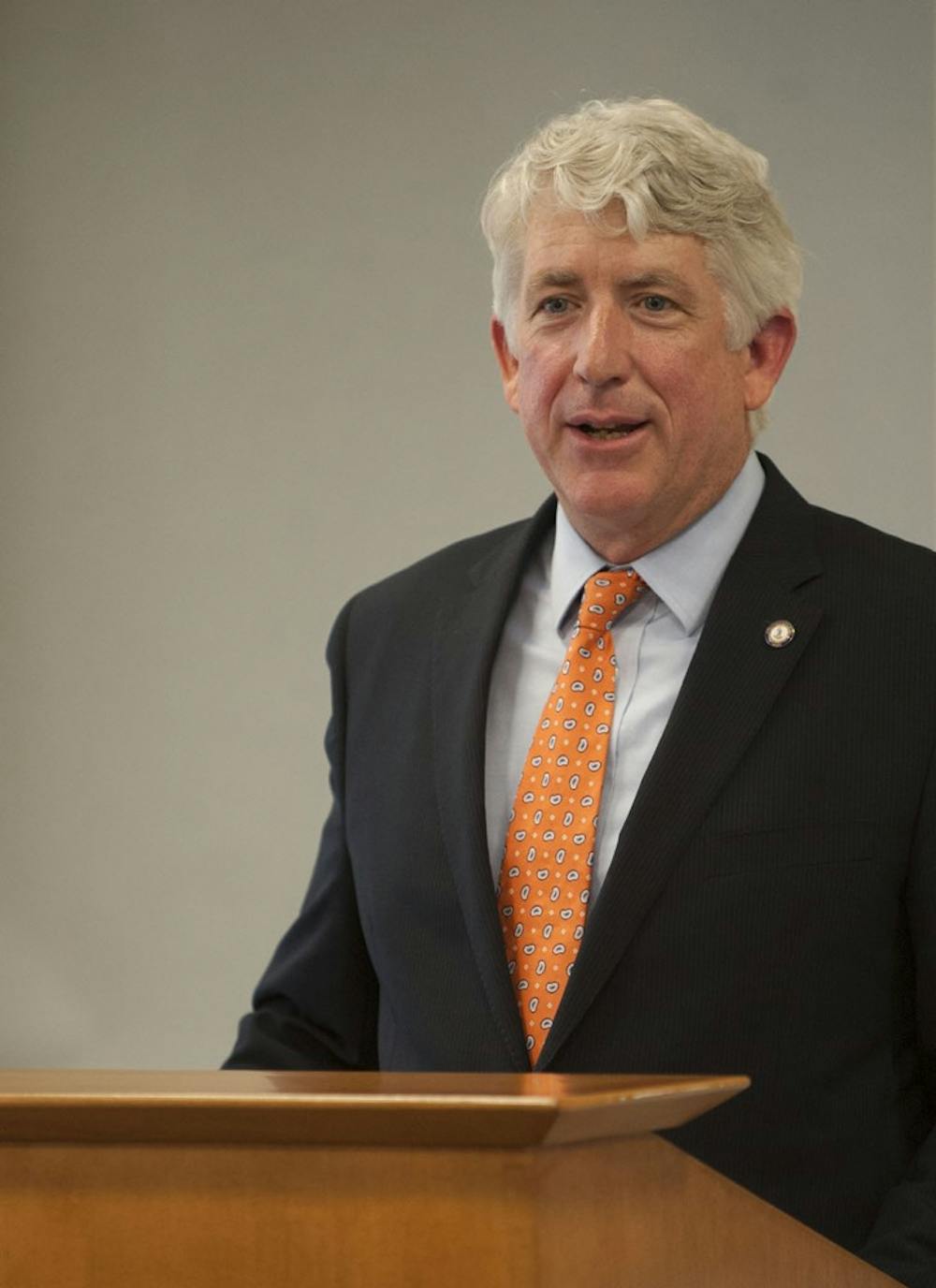In response to increasingly frequent drug-related cases in Virginia, a number of politicians are taking a stand. The attorney general’s office, the governor’s office and the office of Sen. Tim Kaine have each begun separate plans of action to address the issue in recent weeks.
Attorney General Mark Herring has begun pursuing accountability of professionals — including doctors and pharmacists — who have violated state laws regarding opiates, including via over-prescriptions, according to a press release sent out by the attorney general’s office Wednesday. In the past few weeks, seven healthcare professionals have had their licenses revoked or suspended.
One such case involved a doctor who was romantically involved with a patient to whom he prescribed various drugs without documentation. The patient was later found in her apartment unresponsive and is now receiving treatment for substance withdrawal.
“These individuals violated their professional duties and put the public, their patients and sometimes themselves at risk by making prescription opiates available illegally,” Herring said.
He said his office would take aggressive action against anyone who commits professional violations.
Kaine, Gov. Terry McAuliffe; William Hazel, secretary for health and human resources; and Brian Moran, secretary for public safety and homeland security; meanwhile, came together in Richmond Sept. 26 to announce the creation of a coalition against drugs called the Prescription Drug and Heroin Abuse Task Force.
The task force aims to reduce deaths from prescription and heroin abuse.
“I am confident that by working together to address this growing problem we will be able to make our communities safer, save lives and put us on a pathway toward building a new Virginia economy,” McAuliffe said.
Kaine has also been actively involved in nationwide legislation concerning drug abuse, co-sponsoring the Opioid Overdose Reduction Act and the Combating Prescription Drug Abuse Act. The former would create a system which recommends the best practices for preventing and reducing prescription drug abuse under a federal commission involving law enforcement and health care stakeholders.
Additionally, Kaine wrote to President Barack Obama's administration urging them to allow the Department of Defense and the Department of Veteran Affairs to institute take-back programs for prescription drugs.
While these are steps forward nationally, many states have yet to introduce similar programs relating to drug abuse. Seventeen states and the District of Columbia have established initiatives thus far.
In this week alone in the western district of Virginia courts, 12 out of 15 cases set to be heard were drug-related. Four of those were heroin-related.






